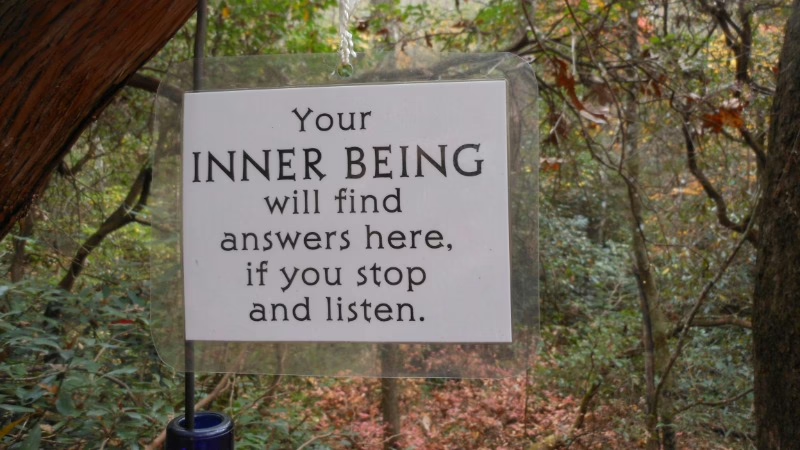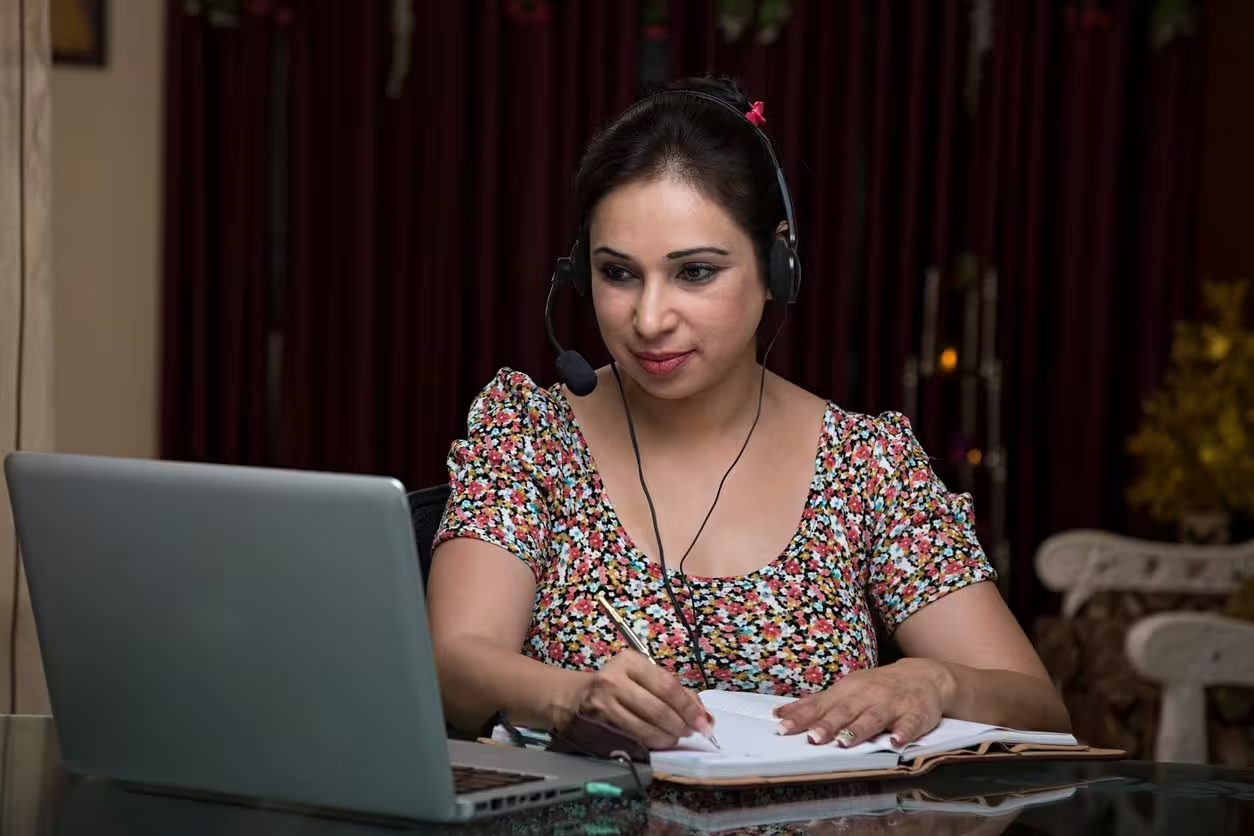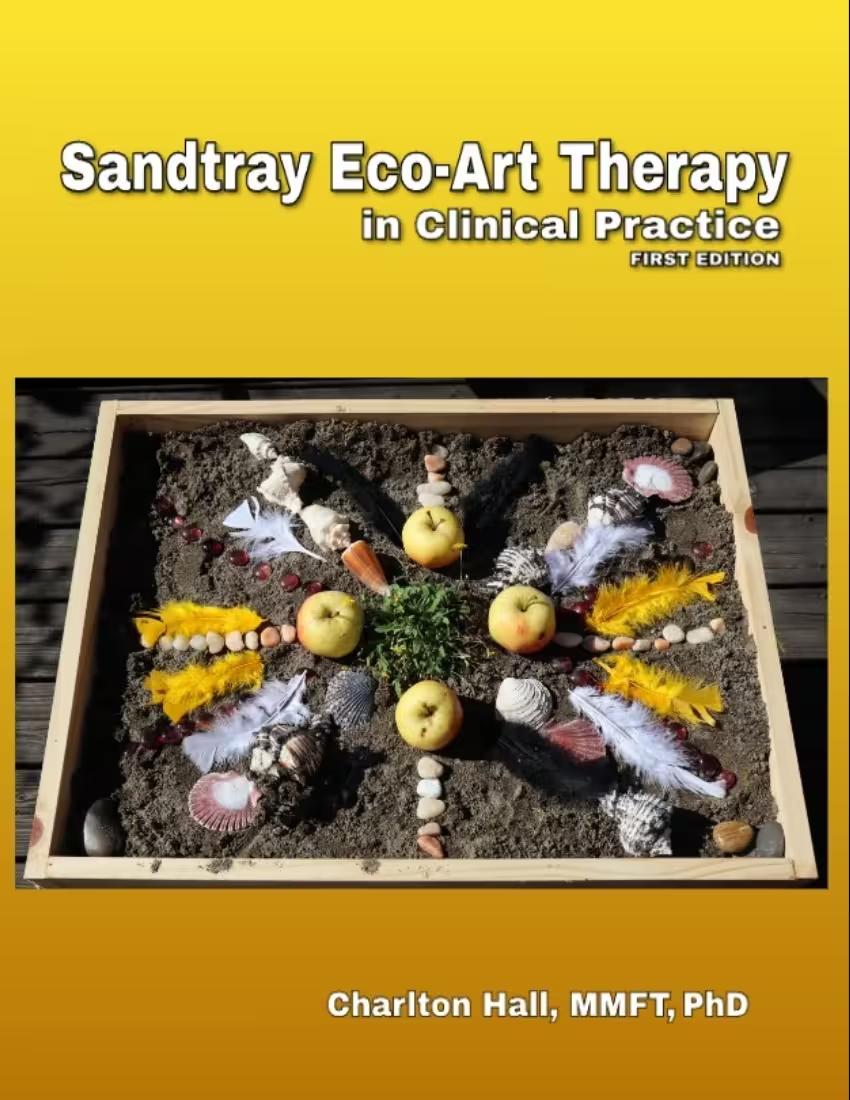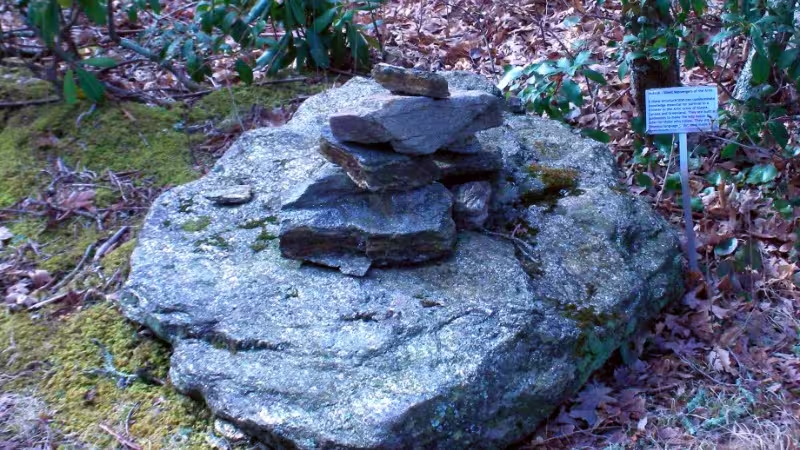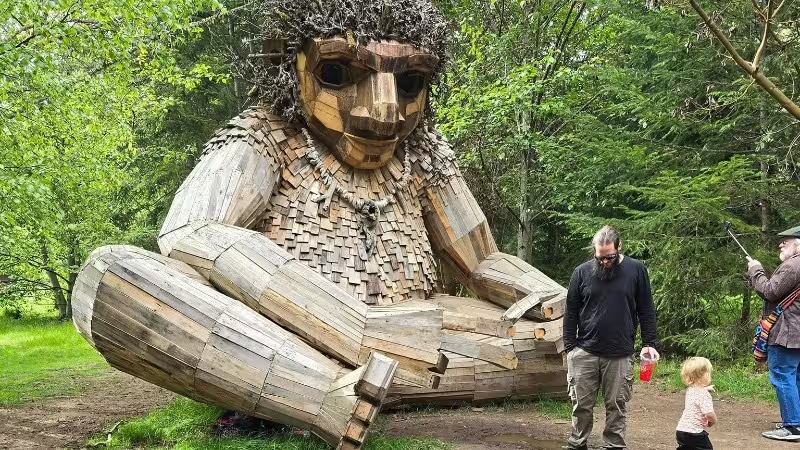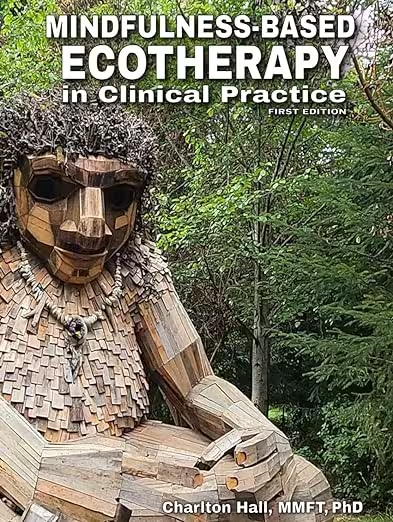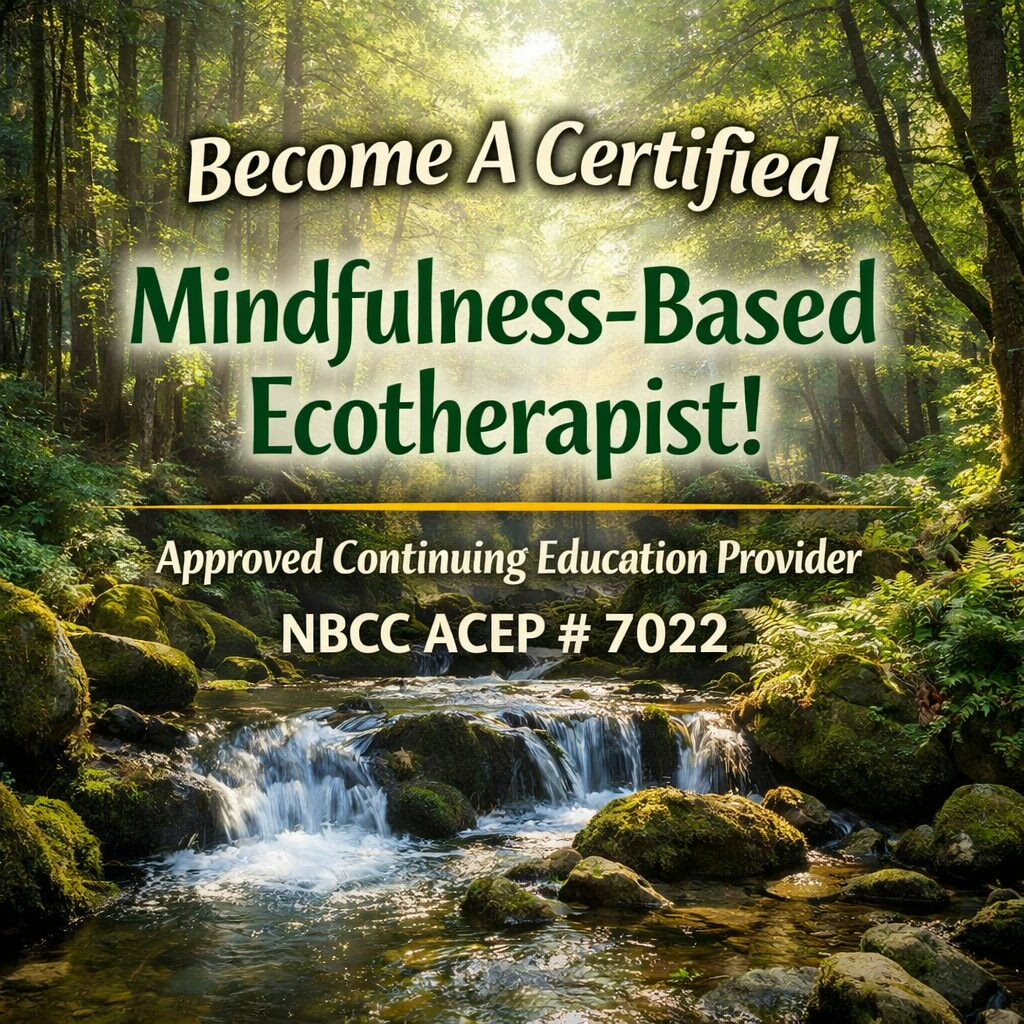
In this post…
Anxiety disorders are among the most common mental health issues, affecting millions of people worldwide. While occasional anxiety is a natural response to stress, chronic and overwhelming anxiety can interfere with daily life. Understanding the signs and symptoms of anxiety disorders is the first step toward managing them effectively. Incorporating holistic approaches like Mindfulness-Based Ecotherapy (MBE) can play a significant role in alleviating anxiety and promoting long-term mental health.
What Are Anxiety Disorders?
Anxiety disorders encompass a range of conditions characterized by excessive fear or worry that disrupts everyday life. These include:
- Generalized Anxiety Disorder (GAD): Persistent and excessive worry about various aspects of life.
- Panic Disorder: Sudden episodes of intense fear, often accompanied by physical symptoms like a racing heart.
- Social Anxiety Disorder: Fear of social situations and being judged or embarrassed.
- Phobias: Extreme fear of specific objects or situations, such as heights or spiders.
- Obsessive-Compulsive Disorder (OCD): Intrusive thoughts leading to repetitive behaviors.
- Post-Traumatic Stress Disorder (PTSD): Anxiety triggered by a traumatic event.
Common Signs and Symptoms of Anxiety Disorders
Anxiety disorders can manifest in physical, emotional, and behavioral ways. Recognizing these signs can help individuals seek help before symptoms worsen.
Physical Symptoms
- Increased heart rate or palpitations
- Sweating or trembling
- Difficulty breathing or chest tightness
- Fatigue or muscle tension
- Sleep disturbances
Emotional Symptoms
- Persistent worry or fear
- Irritability or restlessness
- Feeling on edge or overwhelmed
- Difficulty concentrating
Behavioral Symptoms
- Avoidance of situations that trigger anxiety
- Excessive reassurance-seeking
- Compulsive behaviors (e.g., checking, counting)
Risk Factors for Anxiety Disorders
Several factors can increase the likelihood of developing an anxiety disorder, including:
- Genetics: A family history of anxiety or other mental health conditions.
- Trauma: Experiencing or witnessing traumatic events.
- Chronic Stress: Prolonged exposure to stressful situations.
- Medical Conditions: Certain physical health issues can mimic or exacerbate anxiety.
Traditional Treatments for Anxiety
Conventional approaches to managing anxiety often involve therapy, medication, or a combination of both. Cognitive Behavioral Therapy (CBT) is widely regarded as one of the most effective methods. Medications such as selective serotonin reuptake inhibitors (SSRIs) may also be prescribed.
While these treatments can be effective, holistic approaches like Mindfulness-Based Ecotherapy (MBE) are increasingly recognized for their ability to complement traditional methods.
How Mindfulness-Based Ecotherapy (MBE) Can Help
Mindfulness-Based Ecotherapy combines mindfulness practices with the healing power of nature to reduce anxiety and promote well-being. Here’s how it works:
1. Grounding Through Nature
MBE encourages individuals to spend time outdoors, engaging with natural environments. This grounding practice can help reduce the intensity of anxious thoughts by shifting focus to the present moment.
2. Mindful Breathing and Awareness
Mindfulness exercises, such as deep breathing and body scans, are central to MBE. These techniques help regulate the nervous system, reducing the physical symptoms of anxiety like a racing heart or rapid breathing.
3. Fostering a Sense of Connection
Engaging with nature fosters a sense of interconnectedness and perspective. This can alleviate feelings of isolation often associated with anxiety. Activities like walking barefoot on grass or meditating under a tree can provide calming sensory experiences.
4. Promoting Relaxation and Stress Reduction
Nature-based settings are inherently calming. Activities such as forest bathing, gardening, or simply sitting by a stream can significantly lower cortisol levels, the hormone associated with stress.
5. Encouraging Personal Growth and Resilience
MBE also emphasizes personal and emotional growth. By setting intentions and reflecting in natural surroundings, individuals can build resilience and confidence in managing their anxiety.
Practical Steps to Incorporate MBE

If you’re interested in using Mindfulness-Based Ecotherapy to manage anxiety, here are some practical steps to get started:
- Schedule Regular Outdoor Time
Dedicate at least 30 minutes a day to being in nature, whether it’s a park, forest, or your backyard. - Practice Mindful Observation
Focus on the sights, sounds, and smells around you. Notice the rustle of leaves, the chirping of birds, or the feel of the wind. - Engage in Eco-Therapeutic Activities
Try gardening, hiking, or walking by the water. These activities combine physical exercise with mindfulness. - Seek Guided Support
Work with a therapist trained in Mindfulness-Based Ecotherapy who can provide personalized guidance.
Conclusion
Anxiety disorders can be overwhelming, but understanding the signs and symptoms is the first step toward finding relief. While traditional treatments are effective, holistic approaches like Mindfulness-Based Ecotherapy offer a unique way to manage anxiety. By connecting with nature and practicing mindfulness, individuals can reduce stress, foster resilience, and build a stronger sense of well-being.
With the right combination of awareness, tools, and support, managing anxiety becomes not just possible but empowering.
Share Your Thoughts on Anxiety Disorders!
Have you experienced an anxiety disorder? What has helped you? Share your thoughts in the comments below!
And don’t forget to subscribe to our newsletter!

